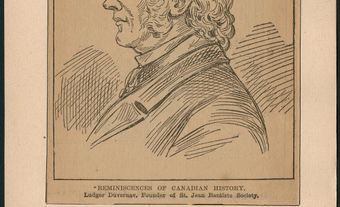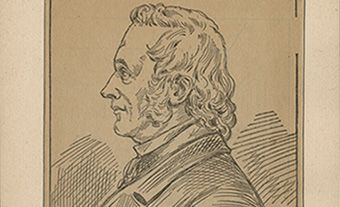The publishing company Ryerson Press was founded as the Methodist Book Room in Toronto in 1829. A publishing arm of the Methodist Church, it issued religious publications and general books. This changed when William Briggs took over as book steward in 1879. Briggs developed a coherent policy of using revenue from the sale of foreign (agency) books to publish Canadian writers such as Charles G.D. Roberts, Wilfred Campbell and Catherine Parr Traill.
The name Ryerson Press was adopted in 1919 in honour of the company’s first editor, Egerton Ryerson. Lorne Pierce assumed editorial control in 1920. He built up a profitable line of school textbooks. He also encouraged the careers of promising writers such as F.P. Grove, Earle Birney and Louis Dudek.
The sale of the press by the United Church of Canada to the American company McGraw-Hill in 1970 angered those who believed Canadian ownership was essential to an independent book publishing industry. (See also Economic Nationalism.) The company continued under its new moniker, McGraw-Hill Ryerson, before being re-named McGraw-Hill Canada.

 Share on Facebook
Share on Facebook Share on X
Share on X Share by Email
Share by Email Share on Google Classroom
Share on Google Classroom


